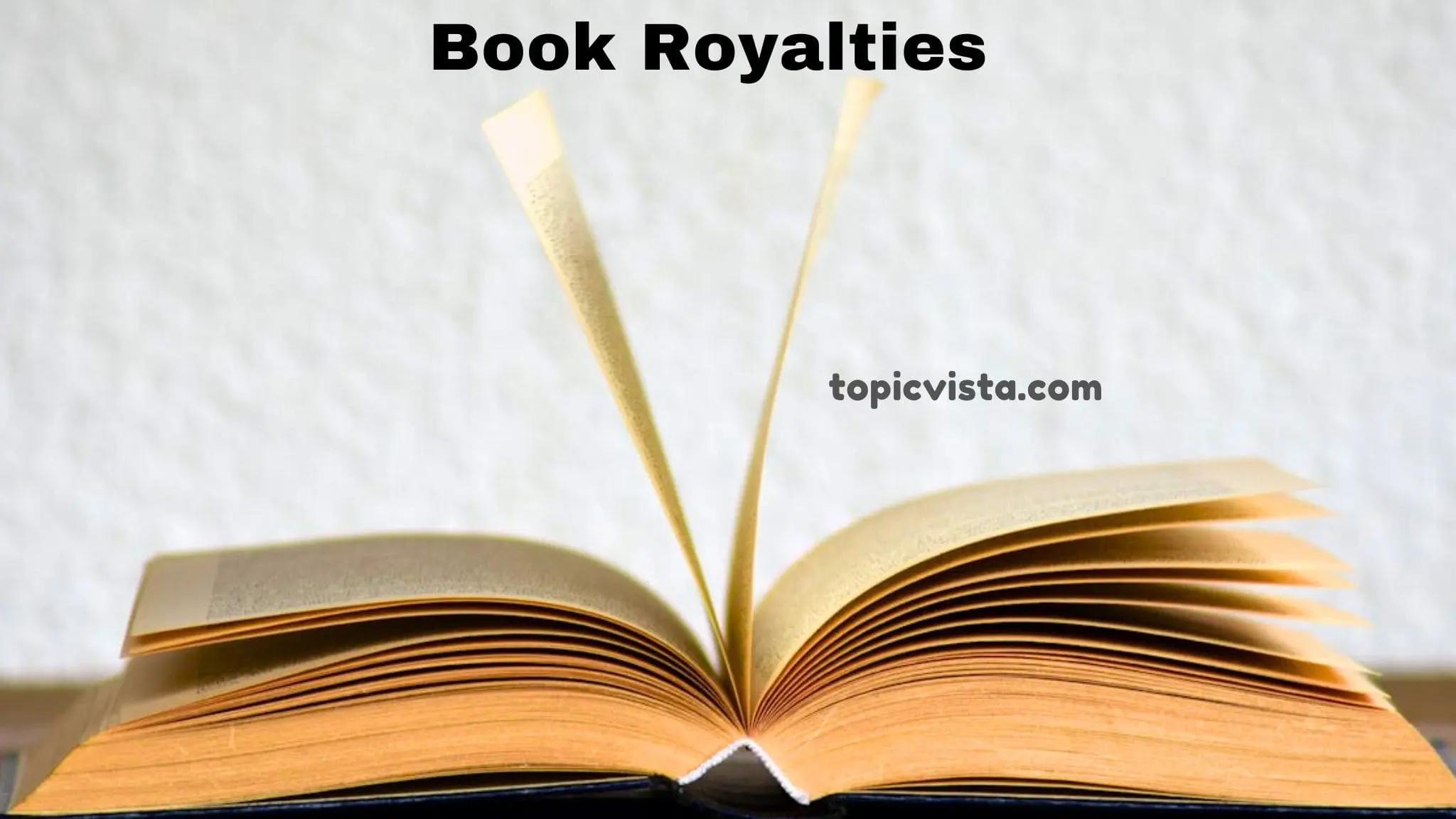You’ve put a lot of love and effort into writing an amazing book, and that’s something to be proud of! Now, you’re about to dive into the adventure of publishing and making money from your book. One of the main ways writers make money is through something called book royalties.
Think of book royalties as a little ‘thank you’ money you get every time someone buys your book. It’s a way to earn money from all the creativity and hard work you’ve put into your writing.
Here’s a friendly article to help you understand and make the most of book royalties.
1. What are book royalties?
Book royalties are like getting a cake every time someone buys your book. It’s money that you make from each sale, and it keeps coming in as long as people are interested in your book. It’s a sweet deal because you keep earning without having to do anything extra.
To spice things up, here’s how you can sprinkle some popular keywords into your book’s description to help it get noticed:
Bestseller: Who doesn’t want their book to be a bestseller? Use this word to show readers your book is a hit.
Page-turner: This tells readers your book is so good they won’t want to put it down.
Must-read: Suggest that your book is something everyone should read at least once.
Award-winning: If your book has won any awards, definitely mention it. It’s a sign of quality.
Five-star reviews: High ratings can convince new readers to give your book a chance.
Remember, using the right keywords can help your book show up in searches more often, which means more sales and more book royalties for you.
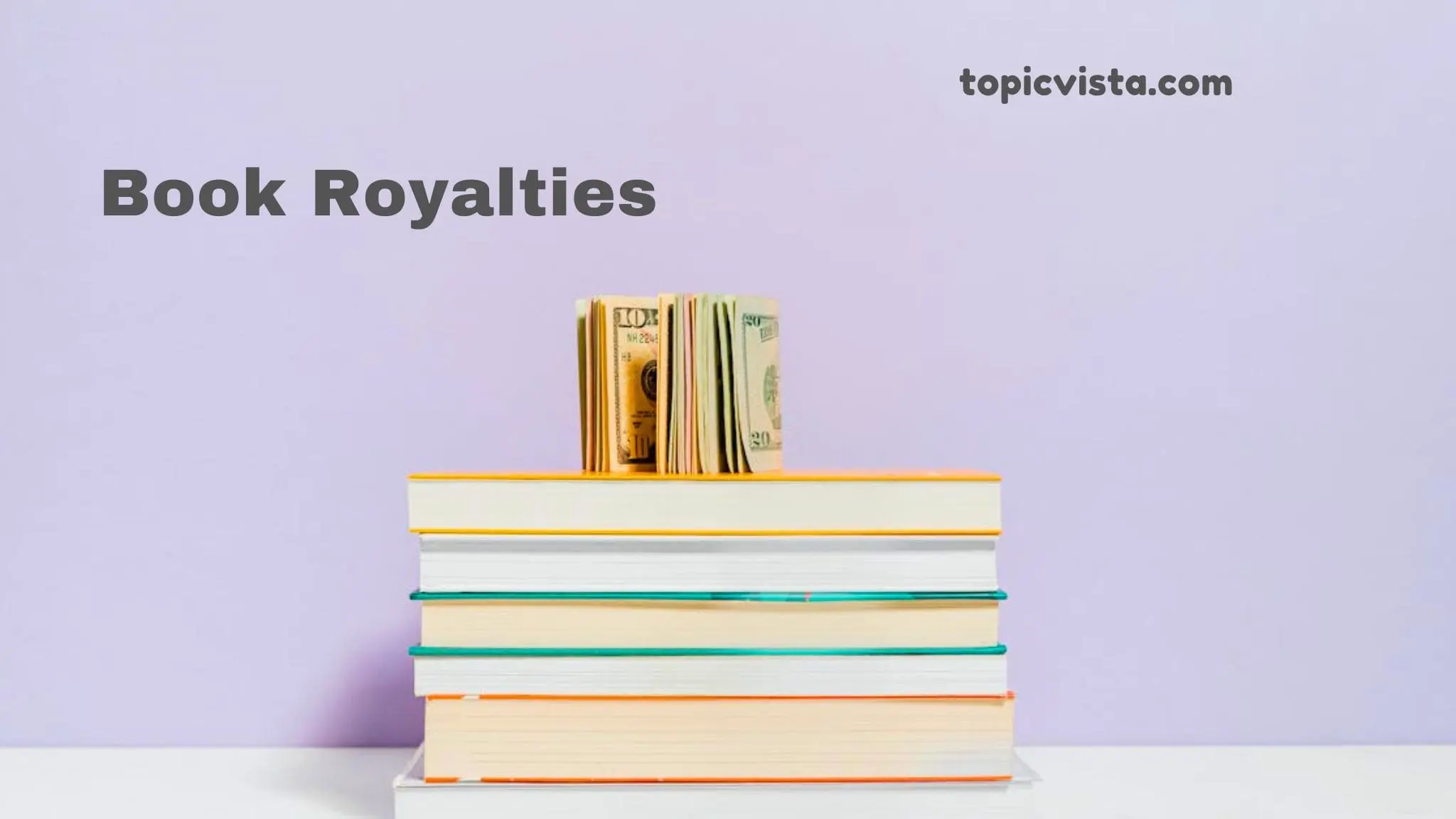
2. How are book royalties calculated?
There are two main ways publishers calculate book royalties:
Retail book Royalties
Retail royalties are the cut you get from the price of your book when it’s sold. For a paperback, you might get around 7.5% of the price, and for a hardcover, it could be up to 10%. But these numbers can change based on things like how well-known you are, what kind of book you’ve written, and how good you are at making deals.
To help your book stand out, you can use some catchy keywords that people often search for. Words like “bestselling,” “riveting,” and “critically acclaimed” can attract more readers. If you’ve got a knack for storytelling or unique insights, flaunt it with terms like “captivating narrative” or “eye-opening revelations.”
Remember, the more appealing your book sounds, the more likely it is to sell, and that means more royalties for you. So, choose your words wisely and watch your book climb the charts.
Net Sales book royalties
Net sales royalty means the author gets a share of the price the publisher sells the book for to stores. It’s usually a bit less than the recommended retail price. This is good for the author because it includes any discounts the stores might give.
3. Understanding Advance Payments
Think of an advance payment as a head start for authors in the publishing world. It’s like a publisher saying, “We believe in your book, so here’s some money to support you right away.” This cash is given before your book hits the shelves, and it’s based on how well the publisher thinks your book will sell.
Now, as your book starts to sell, the money made from those sales first goes back to the publisher. This process is like filling up a piggy bank to match the amount the publisher gave you at the start. Once your book’s sales have filled up that piggy bank, any extra money from sales becomes your royalties, which is the ongoing income you’ll get from your book.
It’s a bit like getting an allowance in advance. If you get your allowance early, you use it up first before you start saving any more pocket money. And just like allowances, advances can come in parts. You might get a piece when you sign your contract, another when your manuscript is all polished and ready, and the last part when your book is finally published.
Advances are a sign of the publisher’s confidence in your work and can vary a lot. Some might be small, just a few hundred dollars, while others can be huge, reaching into the millions for best-selling authors. But remember, the size of the advance doesn’t always predict the success of a book. It’s just a starting point, and the real journey begins when readers start turning the pages of your book.
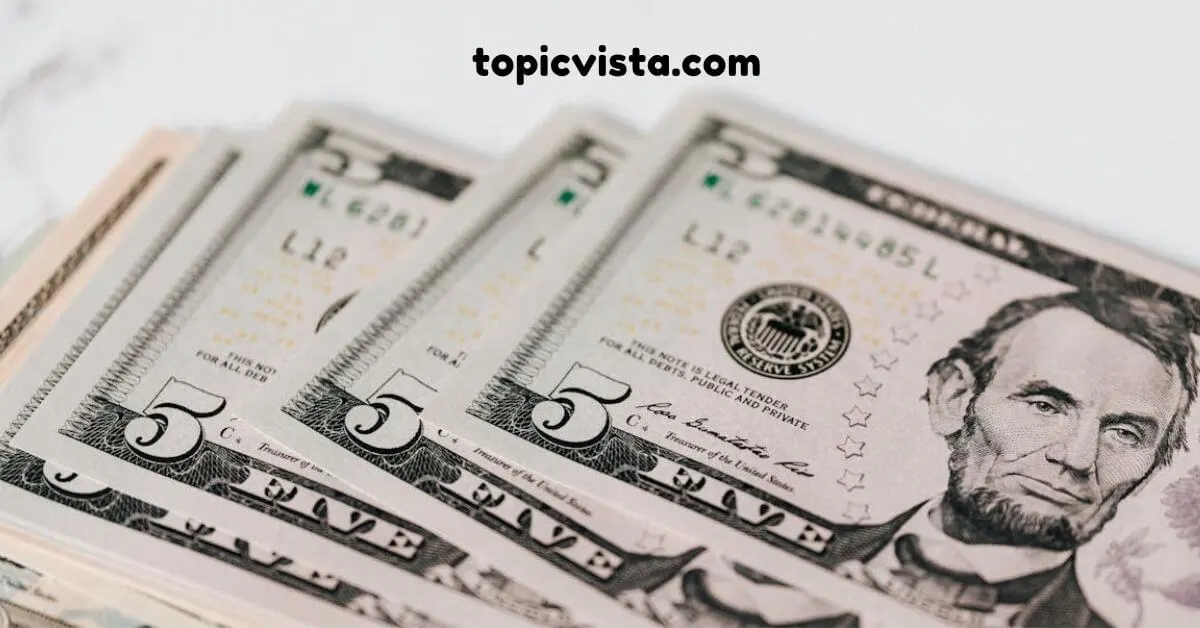
4. Book Royalties in Traditional vs. Self-Publishing
The royalty structure differs between traditional publishing and self-publishing.
Traditional Publishing
Imagine you’ve just finished writing that novel that kept you up late, fueled by passion and creativity. Now, you’re standing at a crossroads, wondering about traditional publishing.
What’s the deal, you ask?
1. The Royalty Dance: Picture this: You’re at a grand ball, and the royalties are your dance partners. In traditional publishing, they waltz in at around 7.5% to 10% of your book’s net sales. It’s not exactly a tango, but hey, it’s a start.
2. The Publisher’s Magic Wand: Now, here’s where the fairy tale begins. Imagine a publisher as your magical godparent. They wave their wand (or sign a contract), and voilà! Your book gets whisked away to bookstores, libraries, and online platforms. Their marketing muscle comes into play, and your story dances into readers’ hearts.
3. Distribution Galore: Ever dreamt of your book traveling far and wide? Traditional publishing makes it happen. Your masterpiece graces bookshelves across the land, from cozy indie bookshops to bustling megastores. It’s like a literary road trip.
4. Editorial Wizards: Let’s talk about those editorial elves. They sprinkle their wisdom, polish your prose, and make your sentences sing. Typos? Begone! Plot holes? Patched up! Your book emerges from their enchanted chambers, gleaming and ready for the world.
5. The Grand Ball: So, you see, traditional publishing is like attending the grandest ball in the kingdom. You waltz with royalties, twirl with distribution, and curtsy with editorial expertise. And who knows? Maybe your book will find its happily ever after on readers’ bookshelves.
Remember, every writer’s journey is unique. Whether you choose traditional publishing or explore other paths, keep writing, keep dreaming, and let your words pirouette across the pages.
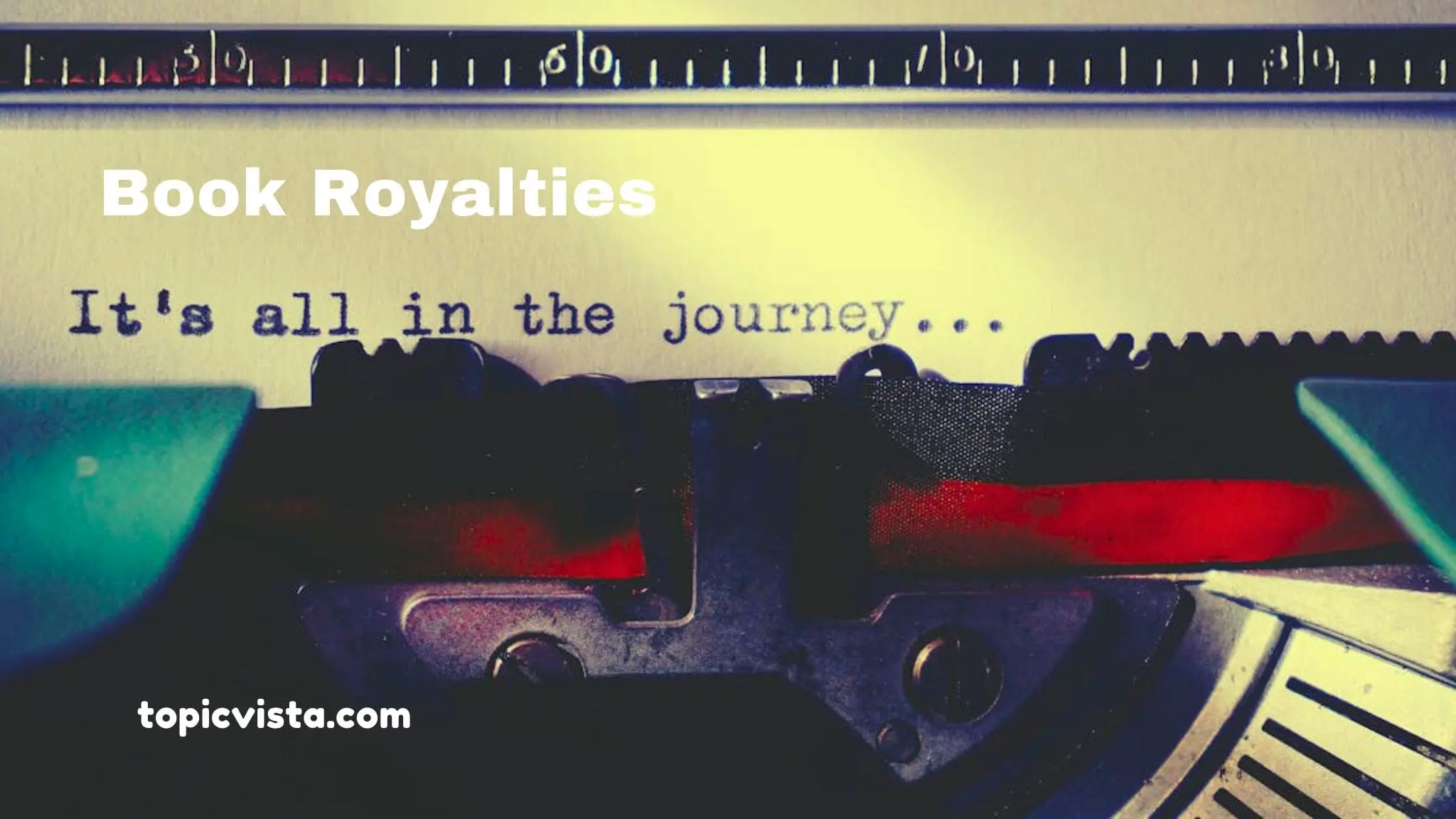
Self-Publishing
Alright, let’s break it down like we’re chatting over coffee. Self-publishing is like being the captain of your literary ship. Here’s the scoop:
- The Money Talk: So, you’ve got this book, right? Well, in self-publishing, you get to keep a bigger slice of the pie. We’re talking about 60% to 80% of the moolah. That’s more cash in your pocket. But (there’s always a but), you’ve got some work ahead.
- DIY Vibes: Imagine you’re baking a cake. Self-publishing is like gathering the ingredients, mixing the batter, and popping it in the oven. You wear all the hats: marketing guru, typo hunter, cover artist, and delivery person. Yep, it’s a one-person show.
- Entrepreneur Mode: Got that entrepreneurial spark? Good! Self-publishing needs it. You’re the town crier, shouting about your book from the rooftops. Social media? Check. Blog tours? Check. You’re the star of your marketing parade.
- The Lone Writer: Picture this: You’re riding into the sunset, cowboy hat on, pen in hand. Self-publishing is your Wild West adventure. You’re the sheriff, the outlaw, and the whole darn posse. And who knows? Maybe your book will ride off into the literary sunset.

5. Maximizing Your Book Royalties
Whether you’re traditionally published or self-published, here are some ways to maximize your earnings:
- Contract Chat: Imagine you’re haggling at a bazaar. For traditional authors, negotiation is your secret weapon. What’s the going rate for royalties in your genre? Research, my friend! You’re worth every word.
- Sales Showtime: Picture this: You’re on stage, the spotlight blazing. Your marketing mojo matters big time. Social media? Yep. Author website? Absolutely. Book readings? Cue the applause. Connect with readers like you’re sharing secrets over coffee.
- Format Fiesta: Ever been to a buffet? Self-publishing lets you load up your plate. Ebooks, print, and audiobooks. Ebooks often bring home the bacon (higher royalties, you see). But hey, some folks still crave that old-school paperback.
- Worldwide Wanderlust: Grab your passport! International markets await. Many publishers and self-publishing platforms offer global distribution. Your book could be sipped with tea in London or devoured under a palm tree in Bali. Think big, right global.
- Craftsmanship Counts: Imagine your book as a finely crafted violin. Invest in editing to smooth out those rough notes. And the cover? It’s your book’s first impression that makes it count. A polished product attracts readers like bees to honey.
6. Organizations for Authors
- The Authors Guild: Think of them as your author’s allies. They’ve got your back, offering advocacy, resources, and guidance on those tricky publishing contracts. Negotiation? Yep, they’ve got tips for that too.
- American Writers & Artists Institute (AWAI): Imagine a school for writers. AWAI teaches you the ropes, from contract smarts to royalty know-how. They’re like your writing mentors, sharing their wisdom.
- Independent Book Publishers Association (IBPA): Picture a cozy club for self-publishers. IBPA opens doors to educational resources, industry connections, and a warm cup of encouragement. They’re your cheerleaders on this self-publishing journey.
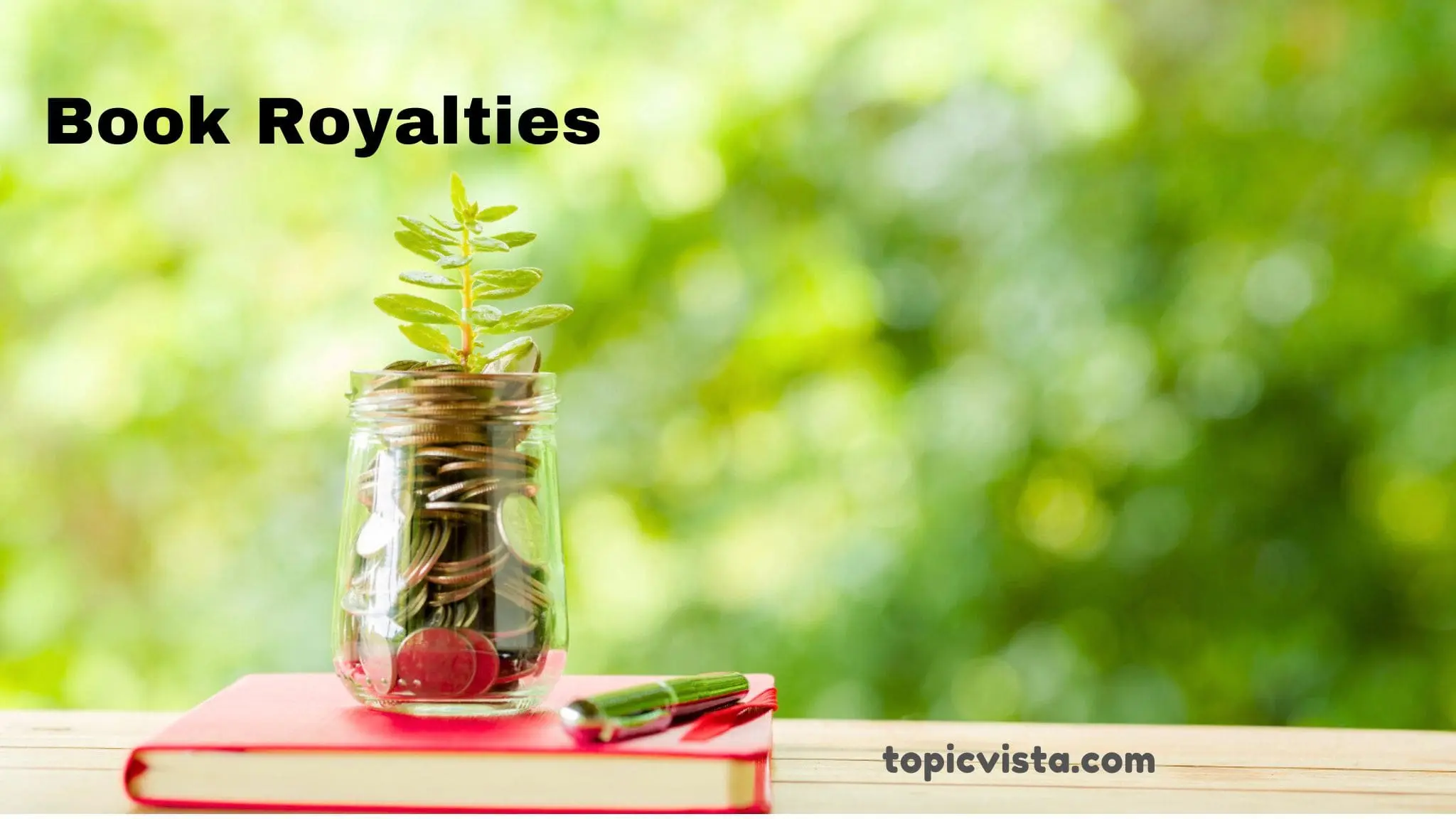
Conclusion
This is about how writing books can make money for authors. If you write a book, you can keep making money from it each time it sells. This is called book royalties. You might decide to work with a big publishing company or publish the book yourself.
It’s really important to know how royalties work so you can earn as much as possible. Work on writing better and tell lots of people about your book. Try different ways to get your book to readers. Writing and selling books takes hard work, a love for what you do, and smart planning.
So keep on writing and sharing your book, and your paycheck from book royalties will grow.
